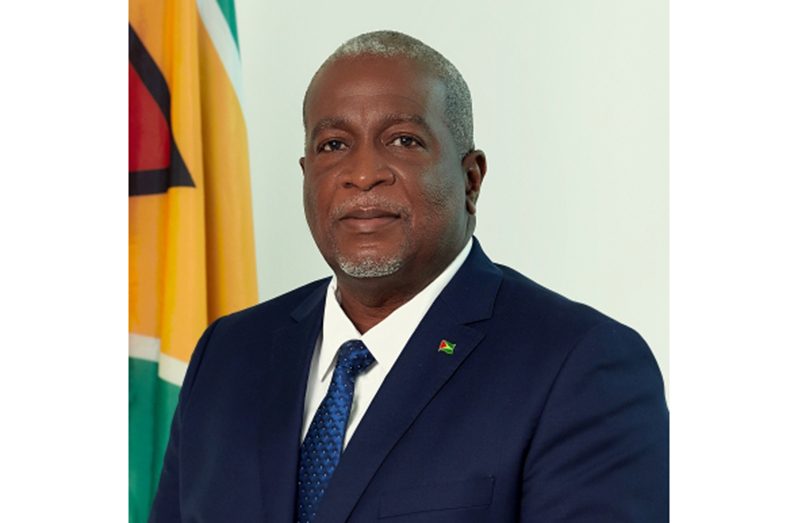PRIME MINISTER, Brigadier (Ret’d), Mark Phillips, recently attended the VIII Regional Platform for Disaster Risk Reduction in the Americas and the Caribbean (RP23) and called for governments to collectively reaffirm their commitment to disaster risk reduction and the Sendai Framework and its targets as a pathway for sustainable development with investments for the sustainable growth and development of the region.
The event, held in a hybrid format in Punta del Este, Uruguay, under the theme “Science and Technology for Integrated Disaster Risk Management,” brought together a diverse range of stakeholders to discuss and address disaster risk reduction.
During his remarks at the platform’s closing ceremony, Prime Minister Phillips, who holds ministerial responsibility for Disaster Risk Management, also called for a paradigm shift in disaster risk reduction and management with specific attention to the fields of science and technology.
“Our governments must make greater use of science and technology, including the information and communication technologies available to us.”
The Senior Government Official went on to say that greater use of science and technology is needed for disaster risk reduction, and that collective experiences, when shared, provide an opportunity to reduce combined risks and promote the development of the Americas and the Caribbean Region.
“We must leverage these collective strengths in accordance with target G and all the other targets of the Sendai Framework to enhance co-operation and to support and complement national action. We must also elevate disaster risk reduction as a national policy priority and mainstream disaster risk management into all aspects of our individual country’s development efforts in order to achieve the global and regional targets in coherence, with the climate adaptation and sustainable development agendas.”
He also emphasised the importance of applying scientific and technological knowledge in a people-centred manner to effectively mitigate disasters.
“We must utilise our vast knowledge of science and technology within the Americas and the Caribbean, in a people-centred whole of society manner, get ahead of the curve ahead of the next pandemic, ahead of the next earthquake, ahead of the next hurricane and indeed, ahead of the persistent floods that are also a common feature of our region.”
The Prime Minister also stated that the effects of climate change are likely to exacerbate the recurrence and intensity of extreme events, therefore multisectoral risk governance and sustainable finance scaling up, consistent monitoring, and swift, decision-making efforts are needed in the changing risk landscape.
Prime Minister Phillips also praised the leadership of the Uruguayan government and RP23.
He congratulated them “For the adoption of the ministerial Declaration and the adjusted regional action plan for the implementation of the Sendai framework for disaster risk reduction 2015-2030. Your leadership has given us a much-needed focus on the priorities in light of the lessons learned over the last four years”.
At that meeting, the Ministerial Declaration of the Fifth High-Level Meeting of Ministers and Authorities on the Implementation of the Sendai Framework for Disaster Risk Reduction 2015-2030 in the Americas and the Caribbean was adopted, along with The Regional Action Plan (RAP) for the implementation of the Sendai Framework for Disaster Risk Reduction in the Americas and the Caribbean.




.jpg)










